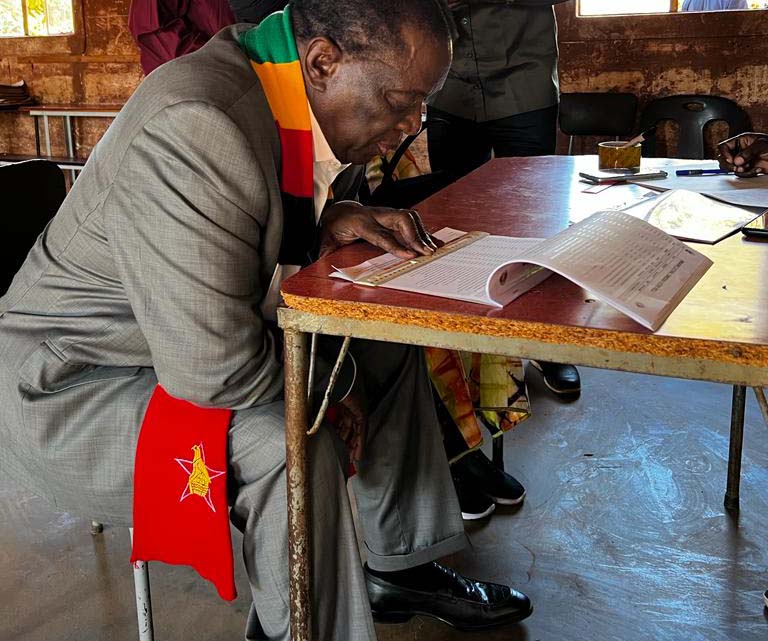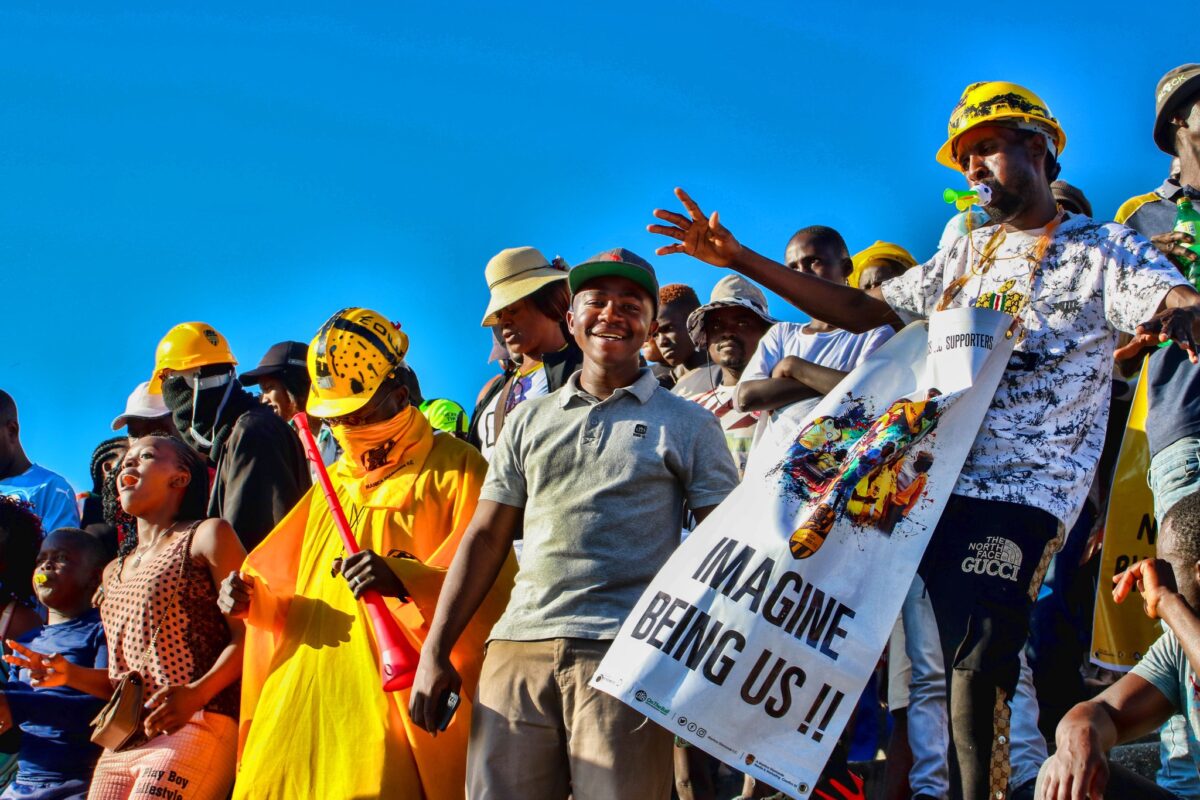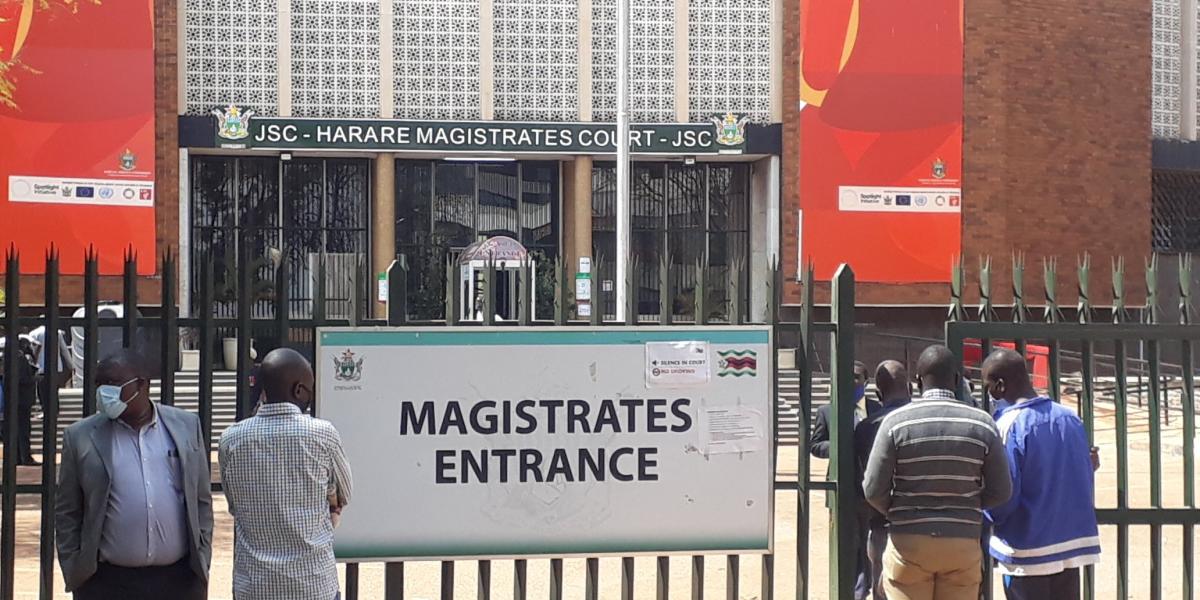ON Wednesday, President Emmerson Mnangagwa gazetted a proclamation fixing August 23 as the date for the 2023 general elections. This might turn out to be a general election like no other before.
The election proclamation has come not only when journalists at the country’s major sections of the mainstream media – on whom the public depends for information on elections, have declared themselves to be incapacitated, but it has also come when the Zimbabwe Electoral Commission (ZEC), the constitutional body responsible for conducting elections, is itself clearly incapacitated.
It is common cause that the disputed delimitation exercise sharply divided and incapacitated ZEC as seven commissioners – not a small number – went rogue and disassociated themselves from the delimitation exercise and report, with some even challenging it in court. Since then, there is no evidence that the ZEC divisions have disappeared or that they have been satisfactorily if at all addressed.
Further, there is no evidence that the commission is functioning properly or effectively, let alone efficiently, as a corporate entity which is a Chapter 12 constitutional institution. ZEC’s functions and communications have become palpably dysfunctional, and are clearly not operating the way they should or they used to.
Meanwhile, ZEC’s Chief Elections Officer, Utoile Silaigwana, has hardly been at work, reportedly incapacitated by health issues which have seen him on repeated sick leave over quite some time. The conspicuous trappings of incapacitation at ZEC do not bode well for the proper administration of the electoral process in terms of the law.
On May 27, 2023, the day when the ongoing and rather controversial voter registration inspection started, ZEC issued the following pregnant statement that should concern anyone who would like to see a free, fair and credible harmonised general election on August23:
“Owing to logistical and other unforeseen challenges, the Zimbabwe Electoral Commission would like to inform members of the public that some voters’ roll inspection centres may start operating much later than the anticipated time on May 27, 2023. The commission may consider extending this exercise scheduled to end on May 31, 2023, by a day in affected areas.”
In the end, most areas were affected to warrant an extension in all areas to June 1, 2023. While ZEC did not indicate what “logistical and unforeseen challenges” it was having – and while the incapacitated media did not probe this to unravel it – what is self-evident is that ZEC is incapacitated but unlike the journalists at the two major media houses has not declared its incapacitation.
Against this backdrop, and judging by the way it has by its own admission struggled with “logistical and unforeseen challenges” to enable a smooth inspection of the provisional voters roll, ZEC does not appear to be ready to smoothly conduct the forthcoming general election. In fact, ZEC is not ready. Yet the first thing that must be in order before any general election is the institutional, organisational and technical readiness of the electoral body. The capacity of the electoral body must not be in question. And the first thing that the electoral body must have ready ahead of a general election is the voters roll.
In the study of electoral politics and practice, an election is a voter roll. ZEC extended to June 1, 2023, the ongoing rather short and problematic inspection of the provisional voters roll which should have started on May 27, 2023, and which was meant to end on May 31, for inspecting by voters who were registered by April 28, 2023, and who were given a very short inspection notice on May 23, 2023. The fact that, following the election proclamation, the cut-off date for voter registration for the forthcoming election is June 2, 2023 – only a day after the end of the ongoing voter inspection of the provisional voters roll – means that ZEC’s preparation and compilation of the final voters roll will be based on a poorly audited provisional voters roll. This is bad news.
It is safe to say ZEC’s compilation of the final voters roll for the August 23, 2023, harmonised general election will be based on a provisional voters roll that has not been properly audited or even one which does not exist. This would not be right nor fair in terms of natural justice, nor would it be constitutional in terms of section 239(a) of the constitution which requires ZEC to “ensure that … elections… are conducted efficiently, freely, fairly, transparently and in accordance with law.”
There can be no free, fair, transparent election conducted in accordance with law without a credible voters roll that has been audited [meaning sufficiently inspected] by voters in terms of section 21 of the Electoral Act. When voters audit the voters roll by inspection, invariably, anomalies are identified and those anomalies must be corrected transparently, meaning voters should be able to confirm – before the general election – that ZEC has corrected the anomalies they identified.
Given that the election proclamation has been gazetted before the conclusion of a manifestly problematic – some will say chaotic – ongoing inspection of the provisional voters roll; and given that the cut-off date for voters to register to be able to vote on August 23 is June 2, 2023; and further given that the nomination courts for the three elections (presidential, parliamentary and local authority) will sit on June 21, 2023, ZEC should do right by voters and provide at least a five-day proper inspection of the final voters roll after June 2, 2023, and well before June 21, 2023.
If ZEC does not come up with a window of at least five days for voters to inspect the final voters roll after June 2, 2023, it can forget about having rational and fair-minded people judging the 2023 harmonised general election as free, fair and credible; such an election will not be credible from the start.
The credibility of an election starts with a credible voters roll, and a voters roll cannot be credible if it has not been freely, fairly and transparently audited by voters themselves over a reasonable time before an election. This is why students of electoral politics and practice say an election is a voters roll. It is pointless to conduct an election without a credible voters roll. Consequently, ZEC will do well to recover from its worrying incapacitation and ensure that it does not miss or squander the small window of opportunity it still has to compile a credible final voters roll and enable voters who are registered by June 2, 2023, to inspect that voters roll in terms of the law, to win the goodwill and confidence of the electorate, ahead of August 23.
A credible voters roll properly audited by voters themselves is the holy grail of a free and fair election in a constitutional democracy!
Prof Jonathan Moyo is a political scientist, former MP for Tsholotsho North and a former cabinet minister
















